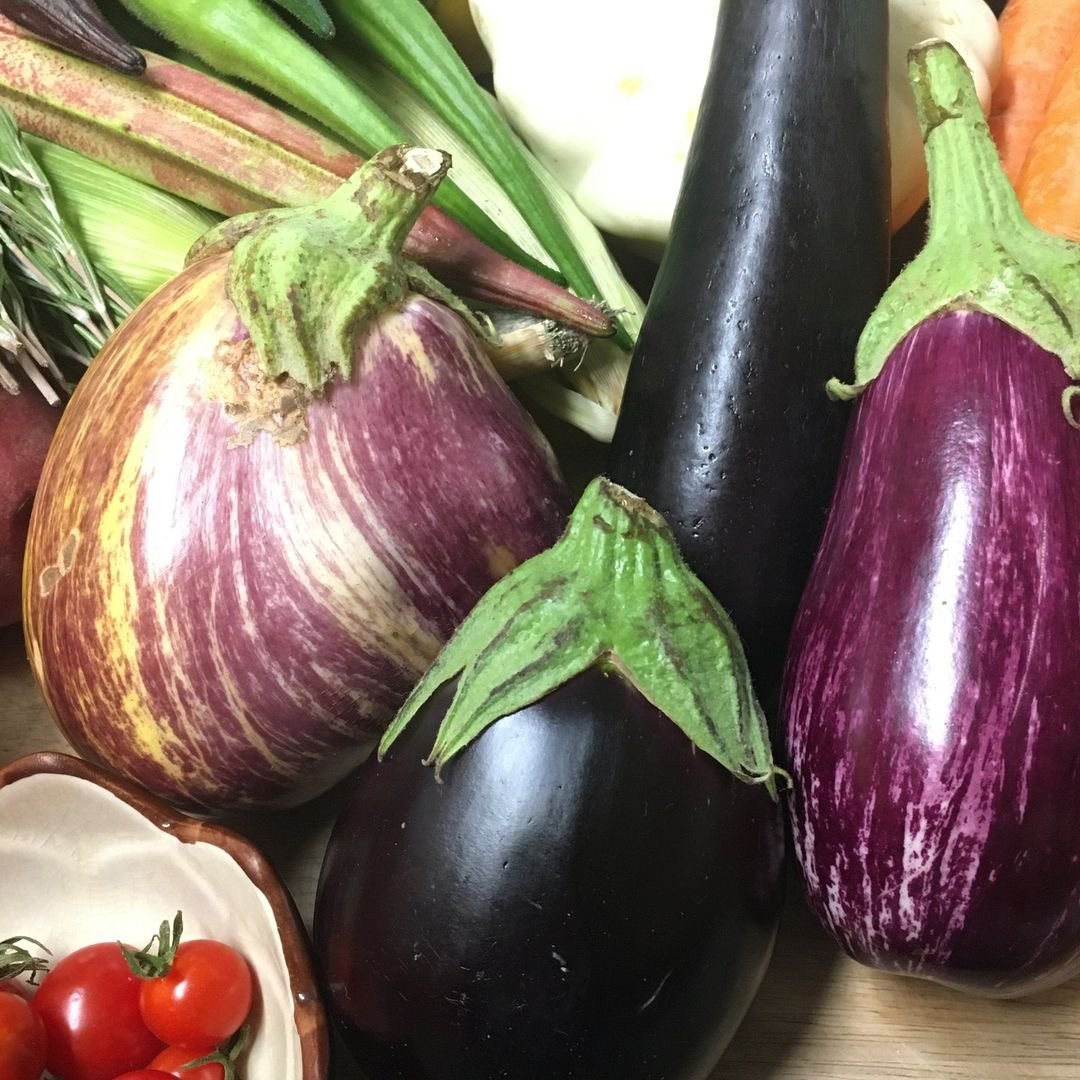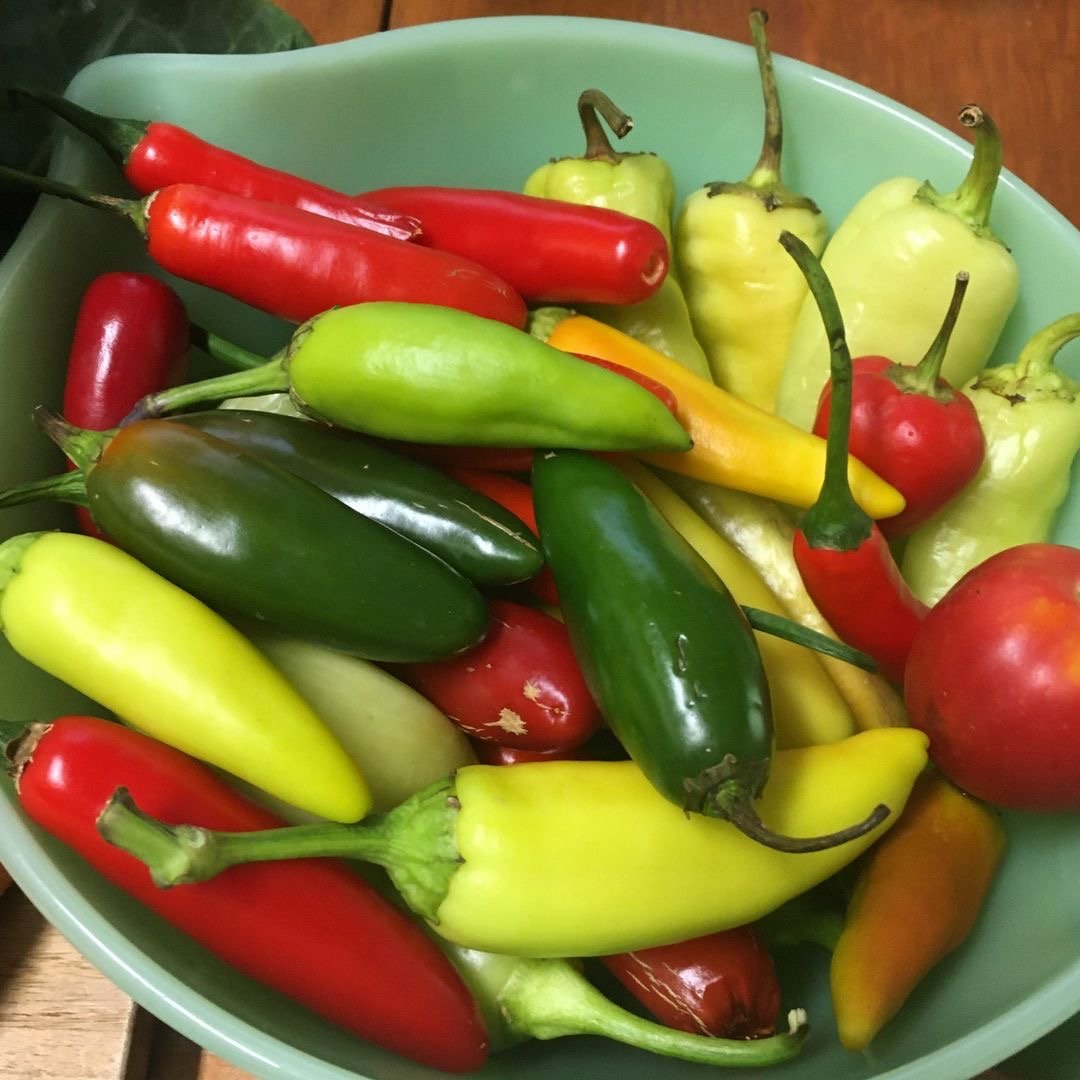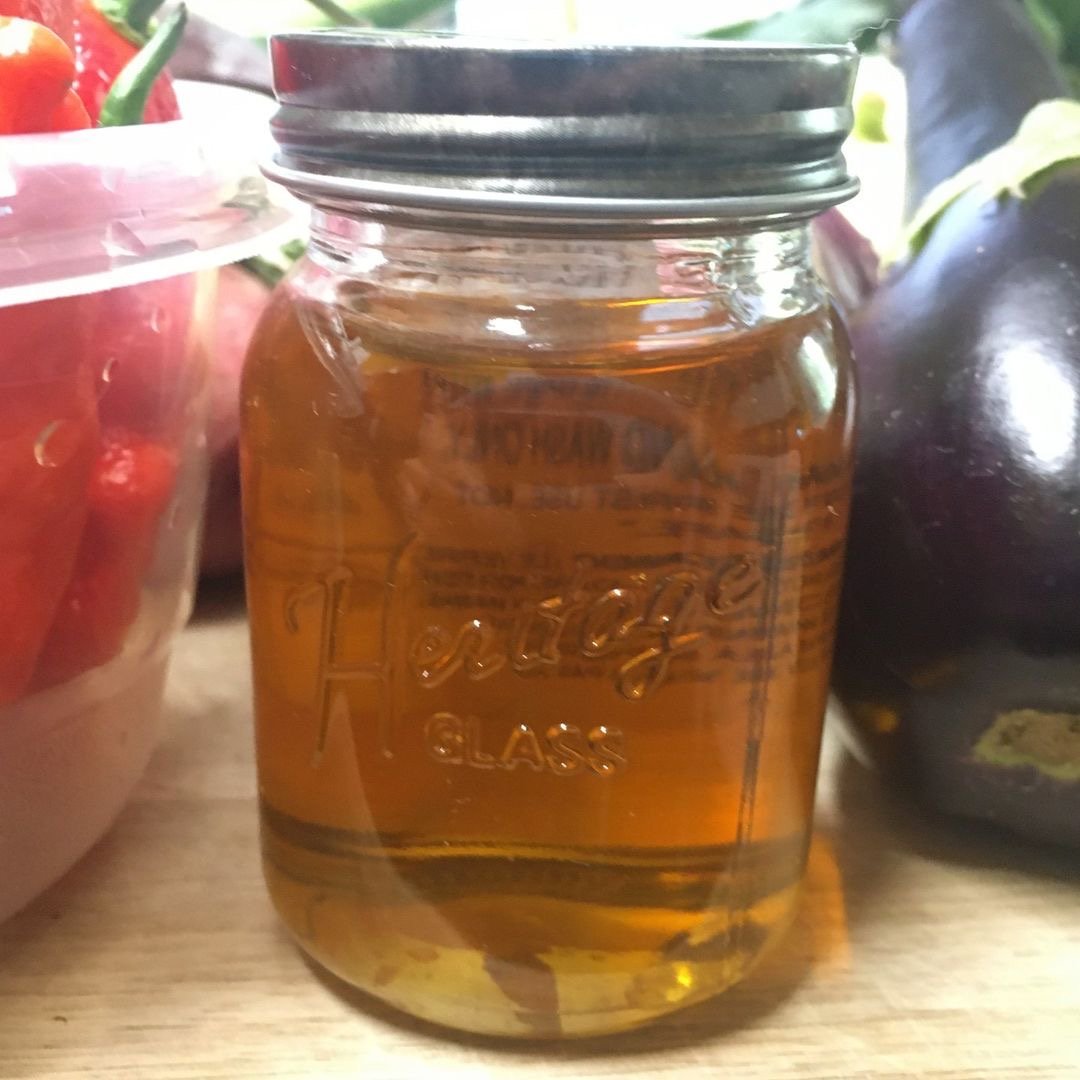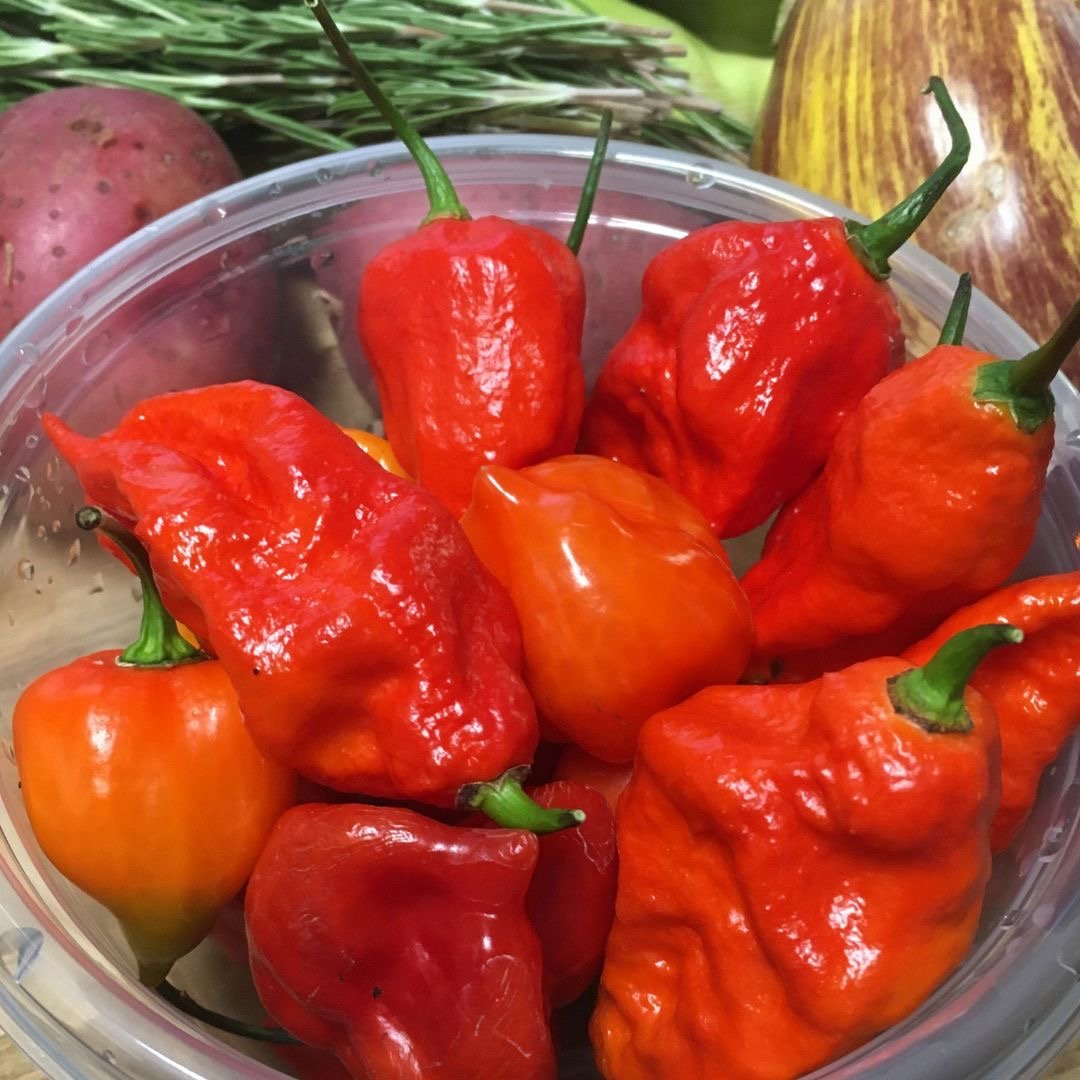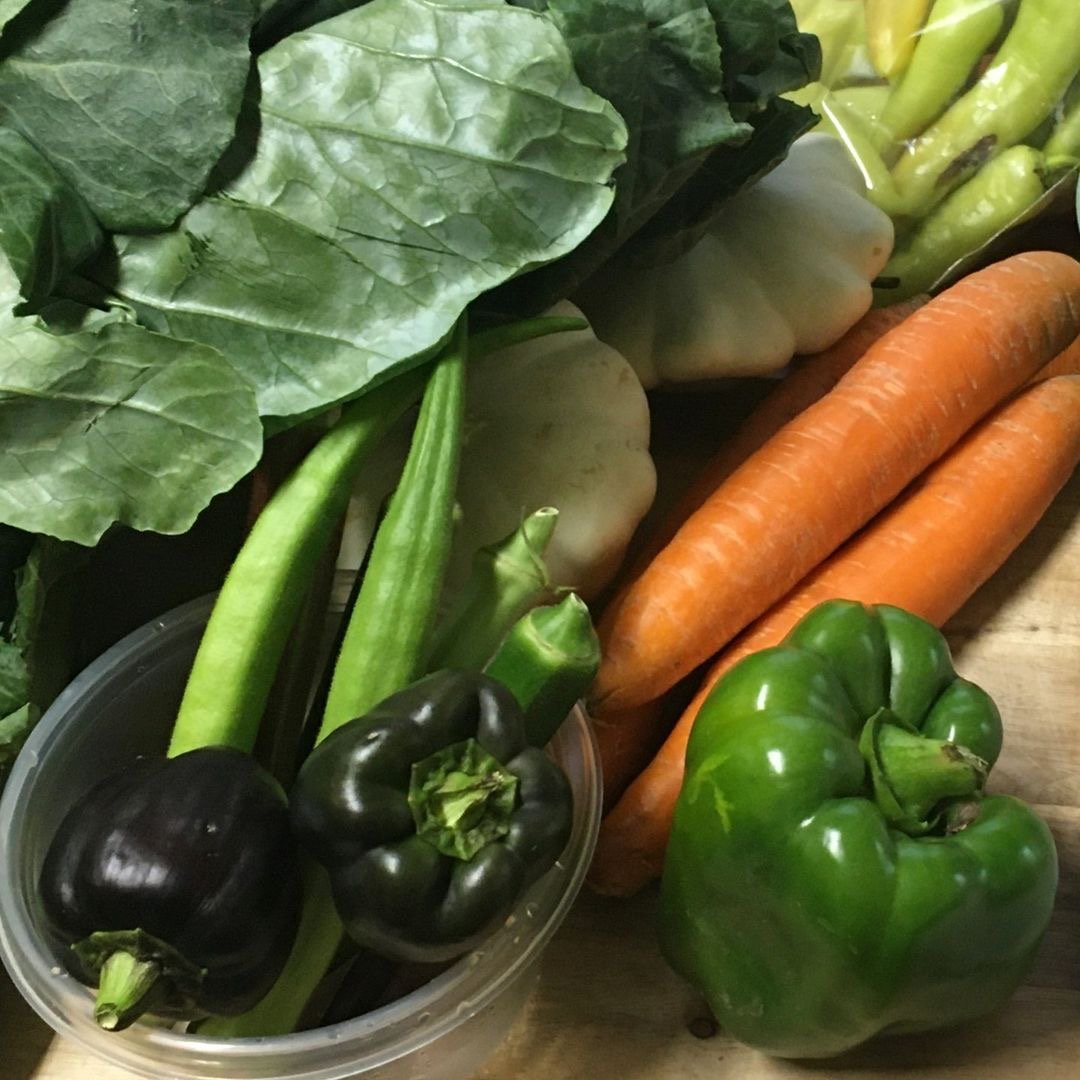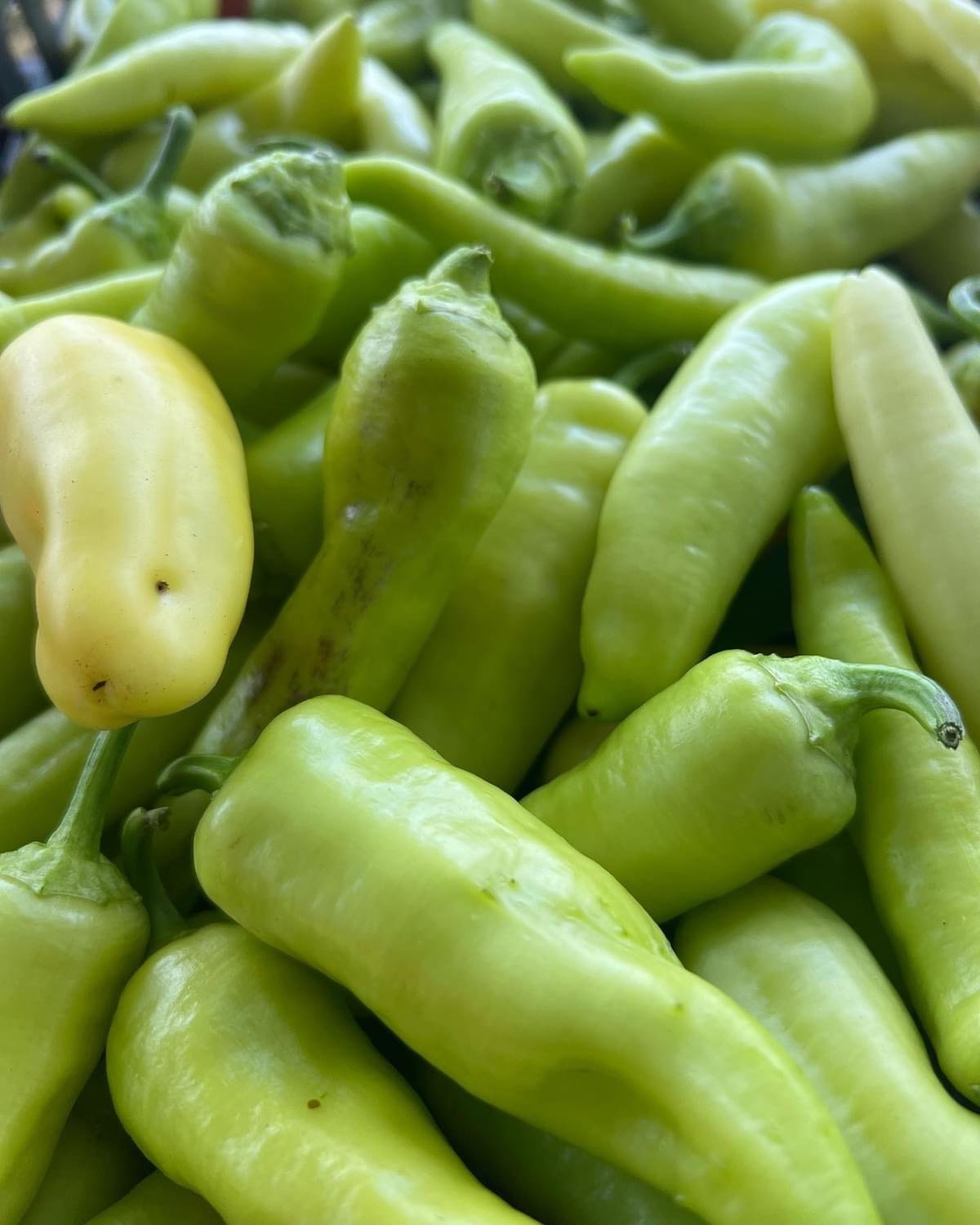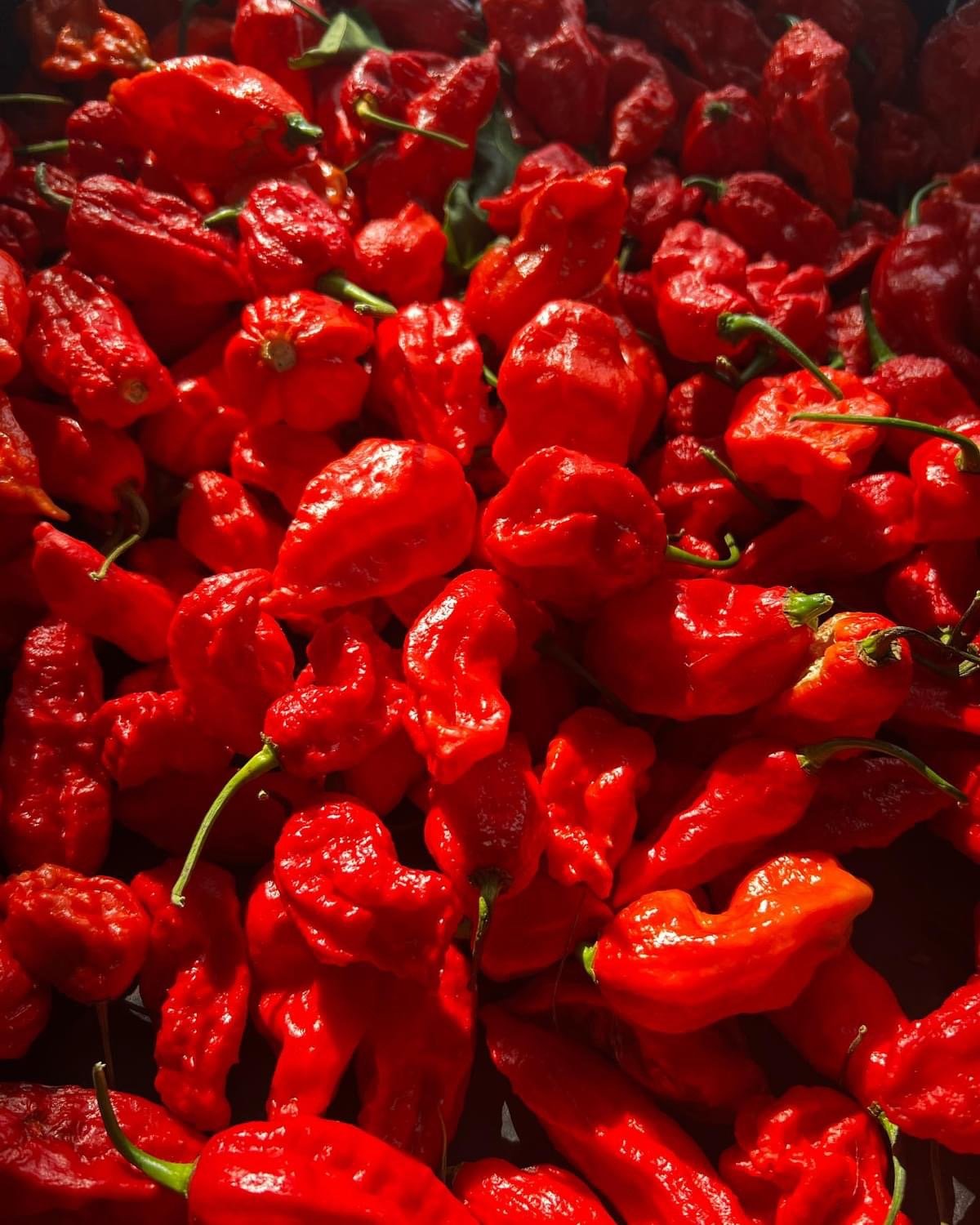
Purchase
Community Supported Agriculture (CSA)
AGREEMENT
By purchasing shares from the Northside CSA, you agree to willingly share in the inconsistencies and uncertainties that come with seasonal produce grown by small farms. Pick up is every Thursday at the market or Saturday at Sankofa Community Orchard.
BENEFITS OF THE NORTHSIDE CSA
You are exclusively supporting Black farmers in Central Virginia.
You will receive regular shares of fresh produce grown within a 60 miles of Richmond.
You have direct access to and knowledge of local farmland and farmers who grow the produce you eat.
You are helping to provide a livable wage for farmers and their families.
You are making a personal investment in a local effort to protect our shared environment.
HISTORY OF CSAs
CSAs are rooted in Black farmers in the South: In the 1960s and 70s, farmer and Tuskegee University professor Booker T. Whatley began advocating for what he called “Clientele Membership Clubs.” In the mid-1980s, two farms in New England started what has now become the model for today’s CSAs: small-scale farmers invested in agricultural stewardship and other sustainable practices to build direct relationships with consumers. The idea is simple: customers pay a fee up front and commit to buy produce throughout a season. As a result, the CSA provides a sustainable financial model for farmers, positioning customers as shareholders with longer-term commitments.
In return, CSA members get regular boxes of fresh, local produce available for pick-up at local farmers markets. Members get whatever local farms produce, embracing seasonal crops and weathering the lean times as well as abundant ones. From their start, CSAs have been a central component of the local food movement that is blossoming in reaction to the inequitable global industrial food complex. CSAs revitalized the idea that what is consumed locally should be locally produced.
(Read more from Civil Eats about CSAs and how they have surged amidst food supply chain disruption caused by the pandemic.)



